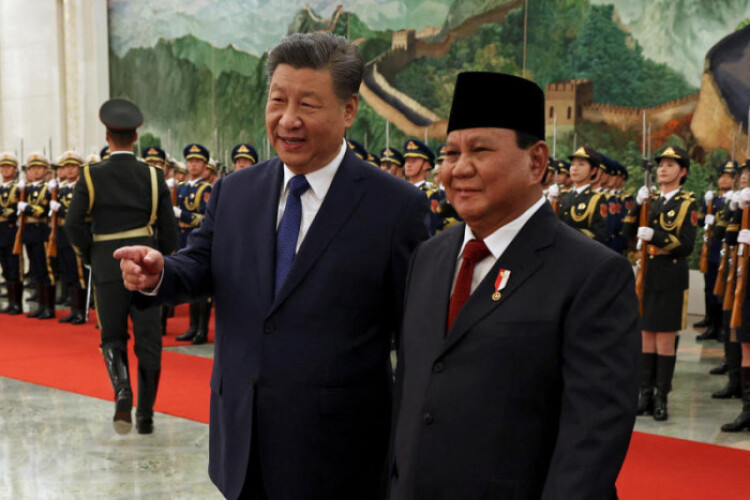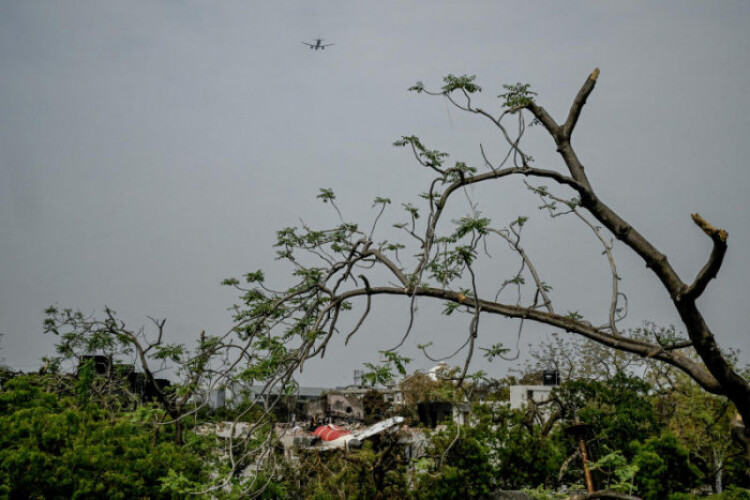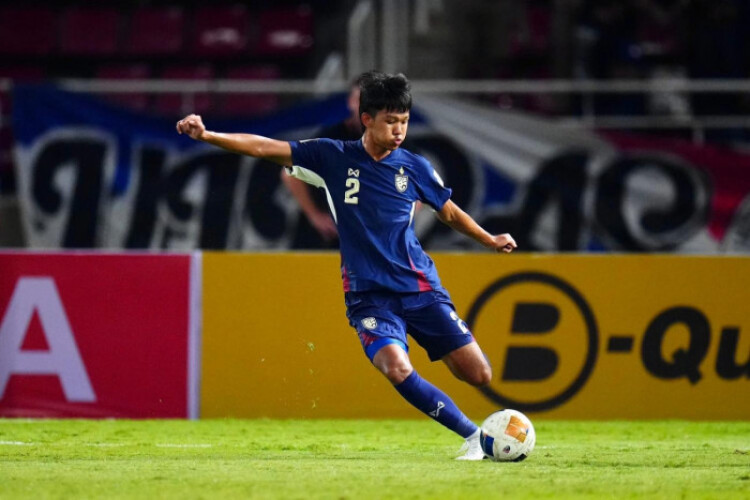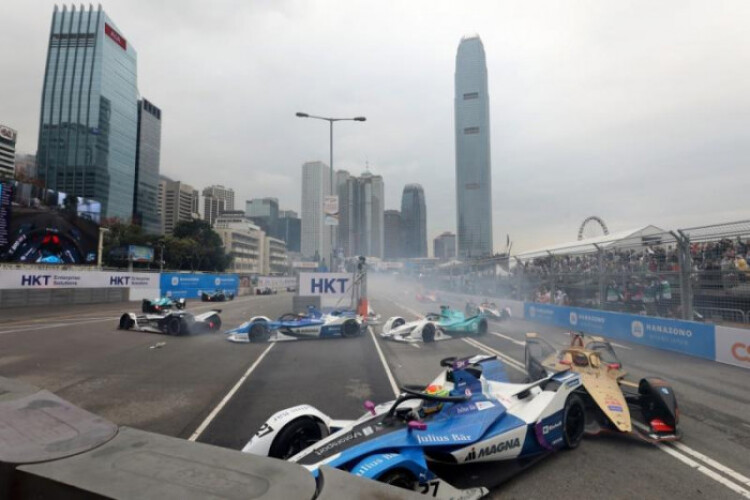
Indonesia denied that it had effectively recognised China’s disputed claims in the South China Sea after a joint statement with Beijing over developing contested areas came under fierce criticism.
The Foreign Ministry in Jakarta said the statement can’t be interpreted as acknowledging the controversial “nine-dash line” claim by China. The furore emerged after China released a joint statement during Indonesian President Prabowo Subianto’s recent trip to Beijing, saying both countries agreed to collaborate on maritime initiatives and “reached a common understanding on joint development in areas of overlapping claims.”
“This cooperation has no impact on Indonesia’s sovereignty, sovereign rights or the jurisdiction in the North Natuna Sea,” the ministry said in a statement Monday, referring to a disputed maritime area in the South China Sea.
The episode comes weeks after Indonesia’s Maritime Security Agency said it intercepted and drove out Chinese Coast Guard ships that entered the country’s territorial waters. While Indonesia is not a formal claimant in the South China Sea dispute, Jakarta has typically refrained from recognising China’s vast claims, which are based on a vague 1947 map depicting a U-shaped line of demarcation.
Prabowo’s trip to Beijing — his first since assuming office in October — was part of a long-stated effort to balance relationships between China and the US. The former general met with Chinese President Xi Jinping last week and agreed to jointly develop fisheries and encourage maritime safety. Chinese and Indonesian firms were set to sign business agreements totalling more than $10 billion on Sunday.
Still, the joint statement triggered criticism from current and former Indonesian officials.
“Even if in the format of a joint statement or MoU, Indonesia’s new position is a unilateral action that is binding vis-a-vis China,” said Eddy Pratomo, a senior Indonesian diplomat and former special envoy to the president for maritime delimitation. “In this case, Indonesia will find it difficult to change its legal position due to the principle in international law.”
Indonesia’s Maritime Security Agency told parliament on Monday it will meet with top Chinese coast guard officials early next month to strengthen relations between the two countries in the maritime sector. Lawmakers said the maritime agency needs to put in place stronger safeguards against threats from China given Indonesia’s limited fleet.
“Is this a test or what? It’s like they are mocking us,” opposition lawmaker Sarifah Ainun said during the hearing. “Our fishermen are arrested if they enter their territory, but we just chase them away.”
The Foreign Ministry in Jakarta said the statement can’t be interpreted as acknowledging the controversial “nine-dash line” claim by China. The furore emerged after China released a joint statement during Indonesian President Prabowo Subianto’s recent trip to Beijing, saying both countries agreed to collaborate on maritime initiatives and “reached a common understanding on joint development in areas of overlapping claims.”
“This cooperation has no impact on Indonesia’s sovereignty, sovereign rights or the jurisdiction in the North Natuna Sea,” the ministry said in a statement Monday, referring to a disputed maritime area in the South China Sea.
The episode comes weeks after Indonesia’s Maritime Security Agency said it intercepted and drove out Chinese Coast Guard ships that entered the country’s territorial waters. While Indonesia is not a formal claimant in the South China Sea dispute, Jakarta has typically refrained from recognising China’s vast claims, which are based on a vague 1947 map depicting a U-shaped line of demarcation.
Prabowo’s trip to Beijing — his first since assuming office in October — was part of a long-stated effort to balance relationships between China and the US. The former general met with Chinese President Xi Jinping last week and agreed to jointly develop fisheries and encourage maritime safety. Chinese and Indonesian firms were set to sign business agreements totalling more than $10 billion on Sunday.
Still, the joint statement triggered criticism from current and former Indonesian officials.
“Even if in the format of a joint statement or MoU, Indonesia’s new position is a unilateral action that is binding vis-a-vis China,” said Eddy Pratomo, a senior Indonesian diplomat and former special envoy to the president for maritime delimitation. “In this case, Indonesia will find it difficult to change its legal position due to the principle in international law.”
Indonesia’s Maritime Security Agency told parliament on Monday it will meet with top Chinese coast guard officials early next month to strengthen relations between the two countries in the maritime sector. Lawmakers said the maritime agency needs to put in place stronger safeguards against threats from China given Indonesia’s limited fleet.
“Is this a test or what? It’s like they are mocking us,” opposition lawmaker Sarifah Ainun said during the hearing. “Our fishermen are arrested if they enter their territory, but we just chase them away.”











